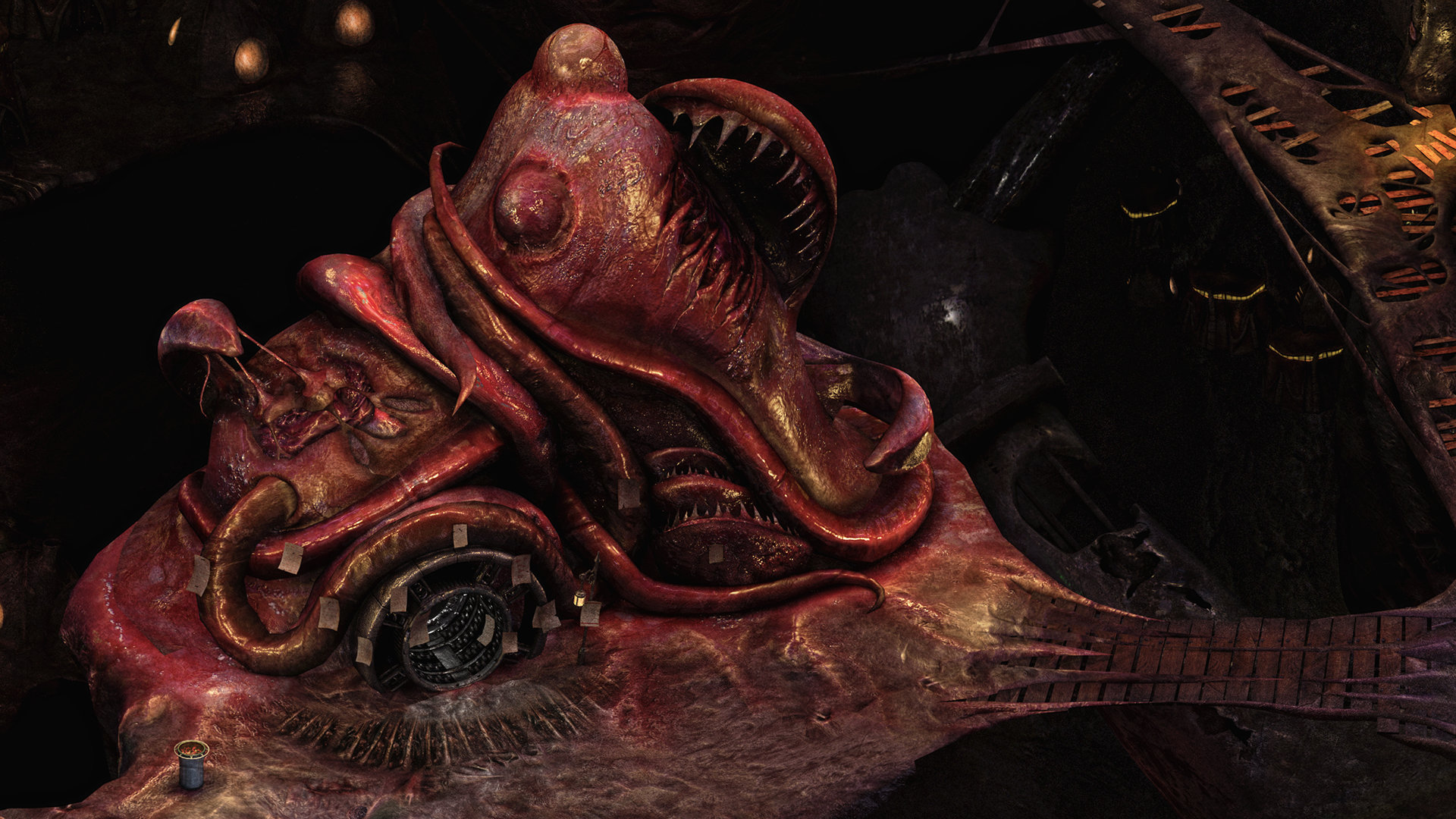

With words like antediluvian, alacrity, sonorous, stentorian, autochthonous, importunate, docent, columbarium, probity, logothete, scriveners, lissome, scion, aquiline, tenebrous, and libations all popping up, you'll sometimes feel like you need to sit with a dictionary next to you - although most of the game, thankfully, is pretty easy to understand.īad language in Torment is infrequent, as most characters swear at each other in in-universe terms, using the game's own special insults. Long and unusual words abound, with characters often speaking in abstract poetic metaphors rather than telling you something directly. Torment: Tides of Numenera has minimal voice acting, with reams and reams of text to get through - and the text here is of an unusually literary variety. Still, perhaps the biggest issue here is one of language. Similarly, it's also nigh on impossible to die, as you're technically immortal - "dying" in game simply leads to you waking up in the cannibal's cave, where you have to choose whether or not you want to let them eat you. While every choice you make will have a knock on effect on something else (thankfully, you can save your game whenever you want), there's rarely a right or wrong answer, and sometimes failing a quest can lead to a more interesting result. If you stick with it though, the game quickly gets a lot easier, as you'll spend most of your time simply talking to characters, choosing dialogue options, and doing your best to see that every problem has a peaceful resolution. While there are tutorials to talk you through the basics, the game still initially feels rather complex, with unusual concepts coming at you fast, particularly when it comes to character creation. In terms of accessibility, Torment: Tides of Numenera has a pretty steep learning curve, dropping you in at the deep end in a bizarre universe, before leaving you to find your own way. How easy is Torment: Tides of Numenera to pick up and play? If things do break down beyond repair, battles themselves are turn based affairs, where you and your opponents take in turns to both move, and either attack or use an item.

Depending on your character class and abilities, you'll be able to choose to intimidate, persuade, or deceive your foe to get yourself out of a tricky situation.

While conversations can sometimes head south, combat is almost always a last resort, as you'll often have the ability to talk yourself out of a battle. Branching with almost every decision you make, the vast majority of quests can be solved in multiple ways, which in turn will have a knock on effect on how the rest of the game plays out, giving it incredible replay value. With many dialogue options to choose from, it's often up to you to work as an intermediary of sorts, as you go between characters, and try to choose the right options to bring the situation to what you think would be the "best" conclusion.Įven better, these quests often link together, with characters you've helped in one popping up in another, often with unpredictable effects. Whether you're trying to save an innocent man who's been put on trial, and is currently being strangled by his own confessionary words solving a murder involving a group of cannibals or figuring out the best way to repay an adventurer for the loss of his airship, there's a wide range of incredibly unusual quests and tasks for you to complete, as you delve deeper into the bizarre world. Exploring the towns, caves and cities, you'll need to spend your time chatting with the unusual residents of the land in order to progress, as many will have tasks they need help with, or moral quandaries they'd like you to solve. How do you play Torment: Tides of Numenera?Ī more traditional role playing game, Torment is a game that's light on combat, and large on dialogue.


 0 kommentar(er)
0 kommentar(er)
